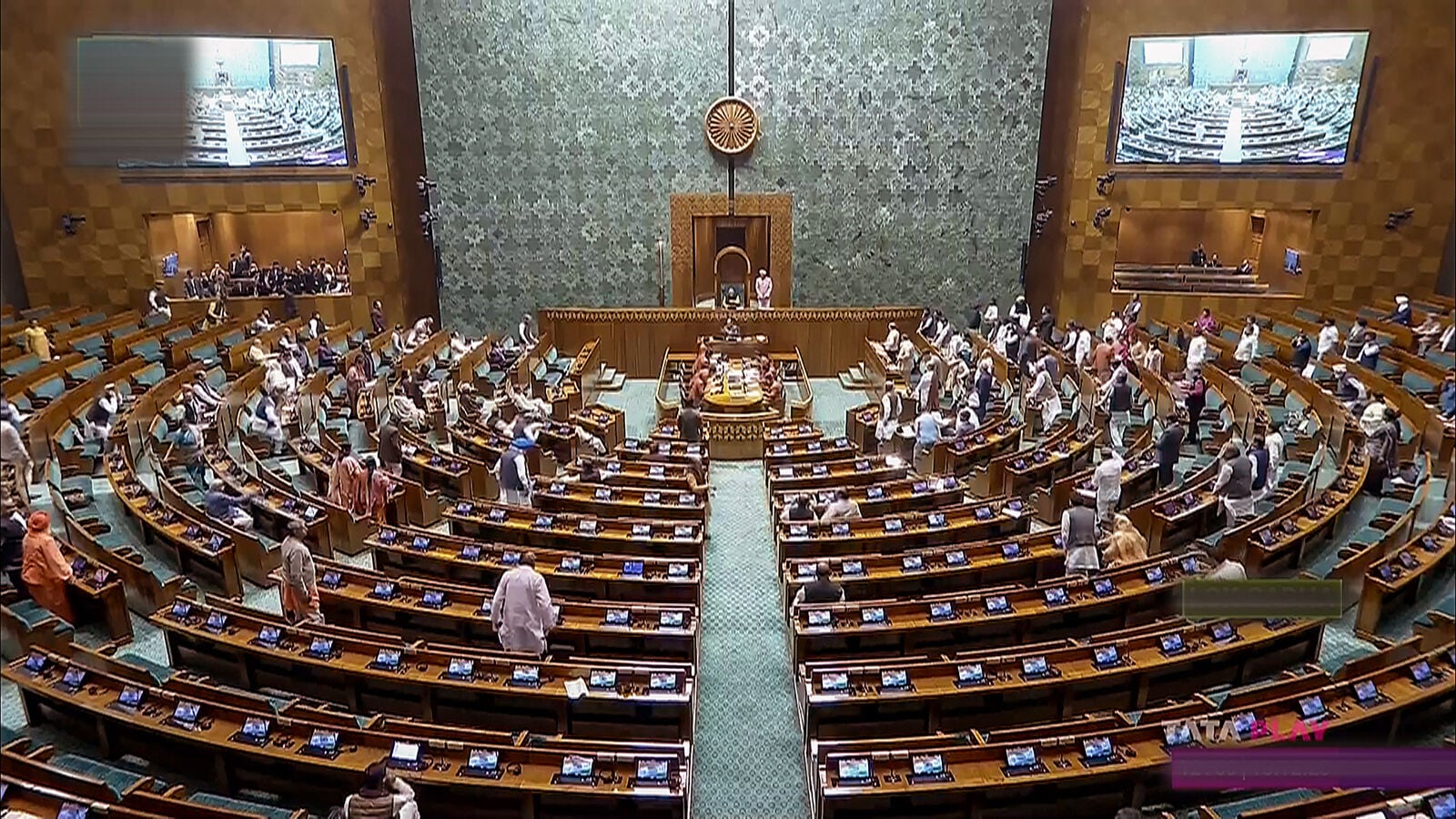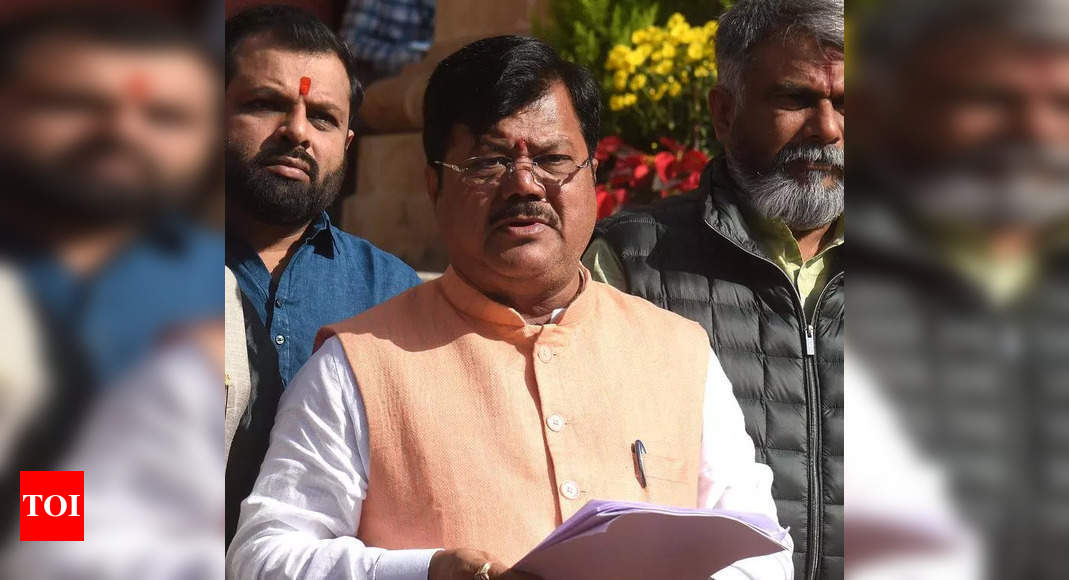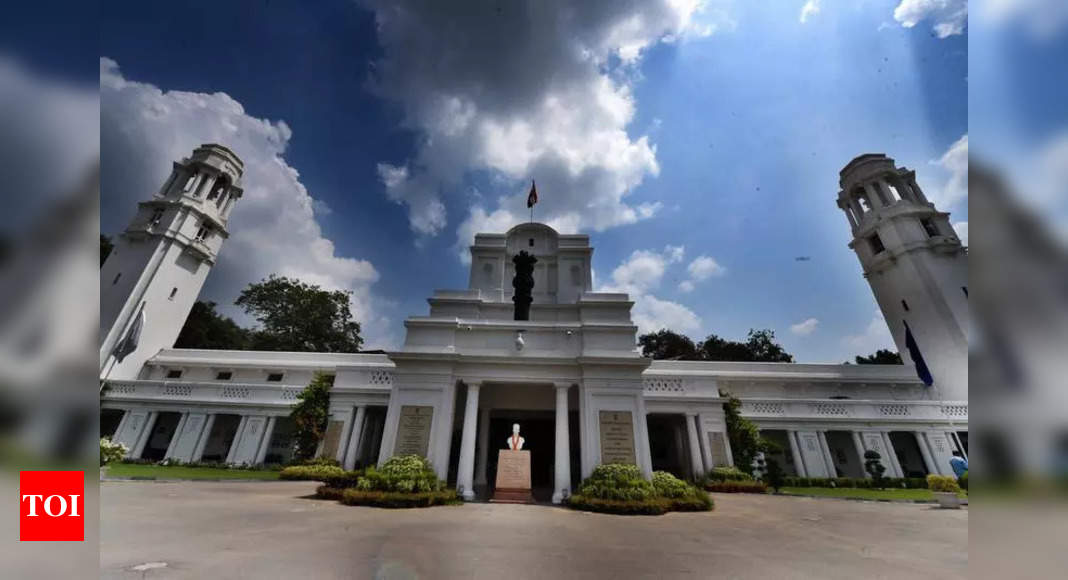Whatever happened at the Makar Dwar of Parliament on the penultimate day of the winter session is unbelievable. The ruling party alleges that two of its members were injured and hospitalized after Rahul Gandhi and some Congressmen who accompanied him pushed and shoved them.
The Congress, in turn, contends that it was BJP members who obstructed them and pushed Rahul and party president Mallikarjun Kharge injuring the latter. Both parties lodged complaints and the matter is before the Lok Sabha speaker and the Delhi police.
The issue will drag on as both parties are trying to corner votes in the name of Babasaheb Dr Bhimrao Ramji Ambedkar.
In brief, here is how the incident unfolded: On Wednesday, home minister Amit Shah mentioned Dr Ambedkar in his address to the Rajya Sabha. Kharge moved a privilege motion against the remarks, and his post on X over the comments sparked a political fire. Soon opposition leaders began interpreting Shah’s comments. Former chief minister of Delhi Arvind Kejriwal shot off a letter to the Janata Dal-United (JD-U) leader Nitish Kumar and Telugu Desam Party (TDP) supremo Chandrababu Naidu urging them to part ways with those who disrespect Ambedkar.
It all happened despite Shah and Prime Minister Narendra Modi making their positions clear.
Those creating a ruckus in the name of Ambedkar today are unaware of his grace and fortitude. Had it not been the case, he would have left for the US the day he was kicked out of the Parsi Inn in Baroda for being a Dalit though the Maharaja of Baroda had made him an officer in the accountant general’s office.
Despite the prestigious post and the king’s backing, no one in the city was ready to offer him residence. He had to stay at the Parsi Inn under an assumed identity, which unravelled when a group of armed Parsis attacked the inn. Dr Ambedkar had to vacate the inn with all his belongings and books and spend the rest of the night in a park. Despite such humiliation, instead of nursing a grudge against the Parsi community, he fought against the system that created divisions among humans. It has been 68 years since Ambedkar left us, and politicians today are busy trying to appropriate his legacy to suit their political compulsions. Had Babasaheb been alive today, he wouldn’t have condoned their conduct.
These leaders forget that the voters didn’t elect them to behave in such an unparliamentary manner. When the electorate votes, the only consideration driving their action is their well-being and progress. Are they getting what they wished for? Have you heard any serious debate in Parliament recently on the issues of employment, environment protection, internal security, dignity for women, and equal opportunity of development for all?
There was a time when I would listen to the televised debates of Lok Sabha and Rajya Sabha. Even in those days, seniors would lament the lack of gravitas in parliamentary debates. But Atal Behari Vajpayee, Sushma Swaraj, Chandrashekhar, Lalu Yadav, Javed Akhtar, and others would articulate the issues of the common man. But the trend has changed over the past few years. Today, instead of political process, we are watching a movie with raging, monotonous, and senseless hate. While the opposition keeps accusing the treasury bench, the ruling party indulges in counter-accusations.
It costs ₹9 crore to conduct a day’s proceedings in Parliament—a sum adequate to complete all public projects in a village or an urban pocket. Our politicians should ponder over their irresponsible behaviour and its cost to the nation.
We should keep in mind that any incarnation of the divine or personality—be it Lord Ram, Mahatma Gandhi, or Dr Ambedkar—in whose name votes can be secured at the elections, is condemned to be the target of raucous and emotionally charged debate in Parliament. Has any parliamentarian ever thought of following in the footsteps of these greats?
For example, there were differences between Ambedkar and Gandhi. But both Gandhi and Nehru had the foresight to reach out to him and request him to head the constituent committee as its chairman.
Last but not least, here’s a story about Lord Ram. Tulsidas’s Ramcharitmanas gives an elaborate description of Ram’s coronation. Before assuming the throne of Ayodhya, Ram tells the citizens of the city that if ever they find any fault in his actions and decisions they had the right to question him. As the citizens of a modern democracy do we have any right to question and hold our parliamentarians accountable? Why is our democracy so constrained?
Shashi Shekhar is editor-in-chief, Hindustan. Views are personal.



